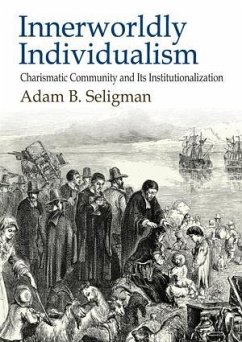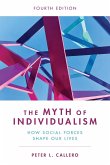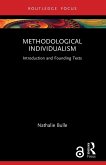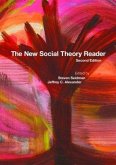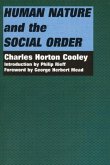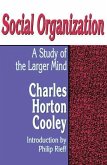Inner worldly Individualism looks to colonial history, in particular, seventeenth-century New England, to understand the sources of modern nation building. Seligman analyses how cultural assumptions of collective identity and social authority emerged out of the religious beliefs of the first generation of settlers in New England. He goes on to examine how these assumptions crystallized three generations later into patterns of normative order, forming the foundation of an American consciousness. Seligman uses sociological research grounded in early American history as his laboratory, and does so in a highly original way. Seligman uses Max Weber's paradigm of sociological inquiry to explore how a combination of ideational and structural factors helped to develop modern conceptions of authority and collective identity among New England communities. Seligman addresses a number of significant issues, including social change, the mutual interaction and development of process and structure, and the role of charisma in the forging of a social order. His book profoundly increases our understanding of the ideological and social processes prevalent in early American history as well as their contemporary influence on civil identity. Inner worldly Individualism uniquely intertwines sociological study with cultural history. It uses American history to develop and elucidate problems of broad theoretical significance. Seligman's argument is bolstered by a close examination of concrete detail. His book will be of interest to anthropologists, sociologists, political theorists, and historians of American culture.
Bitte wählen Sie Ihr Anliegen aus.
Rechnungen
Retourenschein anfordern
Bestellstatus
Storno

